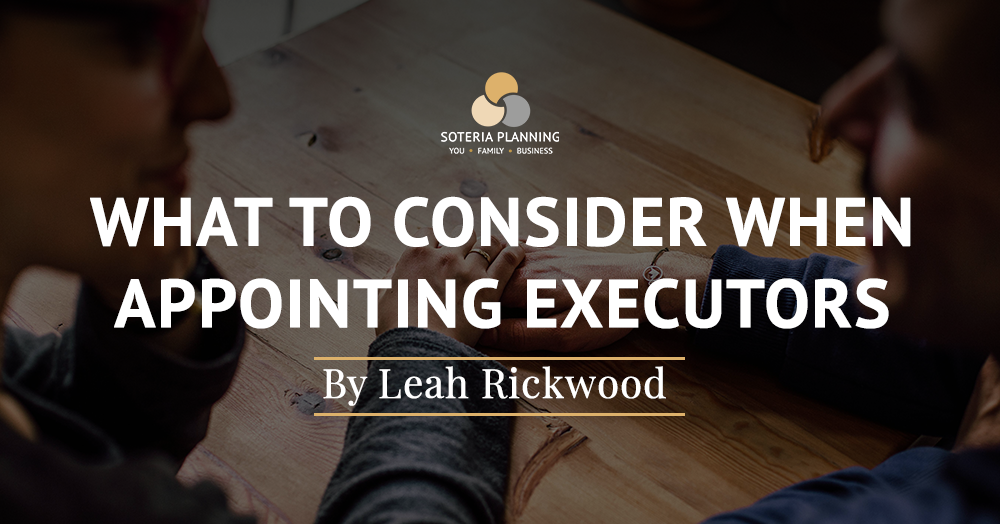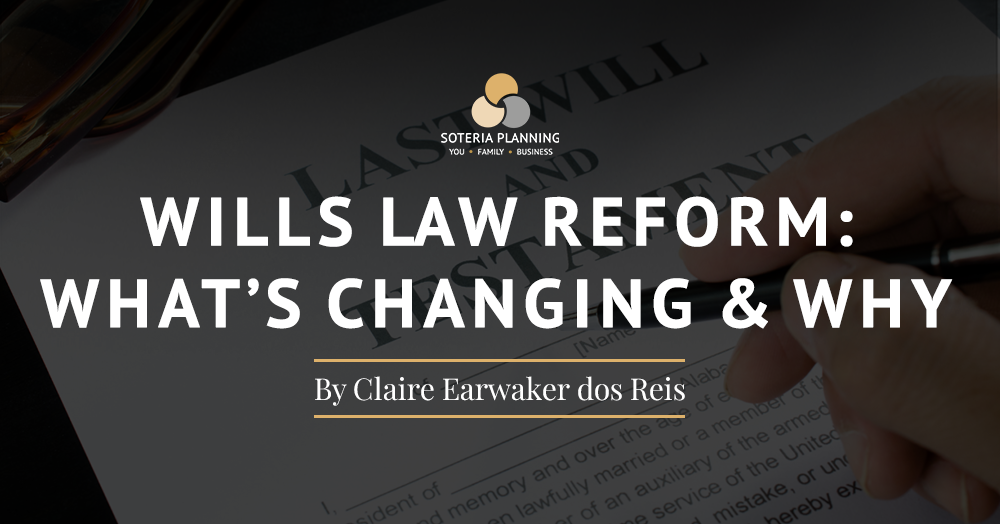When creating your last will and testament, one of the crucial decisions you need to make is appointing an executor. An executor is responsible for carrying out your final wishes and ensuring the smooth administration of your estate. Choosing the right person or entity for this role is essential to ensure that your estate is managed competently and efficiently. In this blog post, we will explore several factors you should consider when appointing executors in your will.
- Trustworthiness and Integrity: The first and foremost quality to look for in an executor is trustworthiness. Your executor will have access to sensitive financial and personal information, so it is vital to choose someone you believe will act with integrity and honesty. Consider individuals who have demonstrated responsibility, sound judgment, and a track record of handling financial matters responsibly.
- Availability and Capability: Appointing an executor who is available and capable is crucial. The executor's role involves various responsibilities, including filing paperwork, managing assets, distributing property, and settling debts. Ensure that your chosen executor has the time and willingness to dedicate themselves to these tasks. It is also essential to consider their organisational skills, attention to detail, and ability to handle complex financial matters.
- Financial and Legal Knowledge: While it is not mandatory for your executor to have professional expertise, some level of financial and legal knowledge can be advantageous. Executors with a basic understanding of financial matters, tax laws, and the probate process will be better equipped to handle the administration of your estate. If your estate is particularly complex, it may be beneficial to appoint an executor who can seek advice from professionals, such as an attorney or accountant.
- Neutrality and Objectivity: Choosing an executor who can remain impartial and objective throughout the estate administration process is essential. Family dynamics can sometimes complicate the execution of a will. Selecting someone who can navigate these potential conflicts with fairness and neutrality can help maintain harmony among beneficiaries and minimise the chances of disputes arising.
- Age and Health: While it may not be pleasant to consider, it is crucial to think about the age and health of potential executors. Appointing an older individual may seem appropriate due to their life experience, but it is crucial to ensure they are in good health and will likely outlive you. Alternatively, younger executors may have more energy and be available for a more extended period but might lack the experience needed to handle complex estate matters.
- Backup Executors: Considering the possibility of an executor being unable or unwilling to fulfil their duties is a wise precaution. Appointing one or more backup executors in your will can provide a safety net in case the primary executor is unable to serve. It is essential to communicate with all parties involved to confirm their willingness to take on the role should the need arise.
Appointing executors in your will is a critical decision that should not be taken lightly. The individuals you choose will be responsible for ensuring your final wishes are carried out effectively. By considering factors such as trustworthiness, availability, knowledge, objectivity, age, and health, you can select the most suitable executor(s) for your estate. Consulting with an estate planning attorney can also provide valuable guidance and ensure that your executor selection aligns with legal requirements. Remember, choosing the right executor will go a long way in providing peace of mind that your estate will be handled competently and efficiently.
Should you have any questions about the content of this blog, feel free to reach out to our friendly team on 01344 531521 or request a meeting with one of our Advisors here.



Share this with
Email
Facebook
Messenger
Twitter
Pinterest
LinkedIn
Copy this link